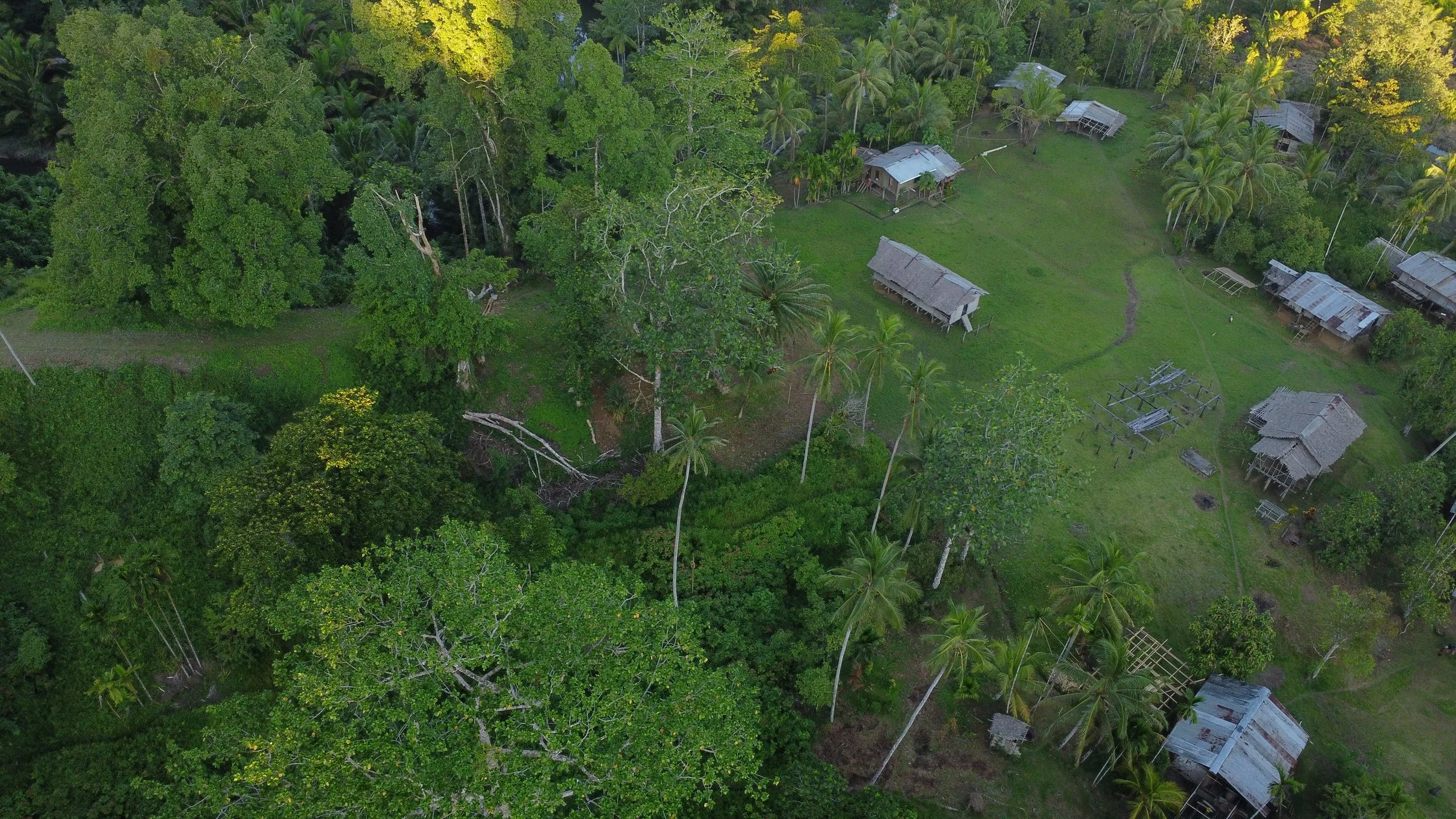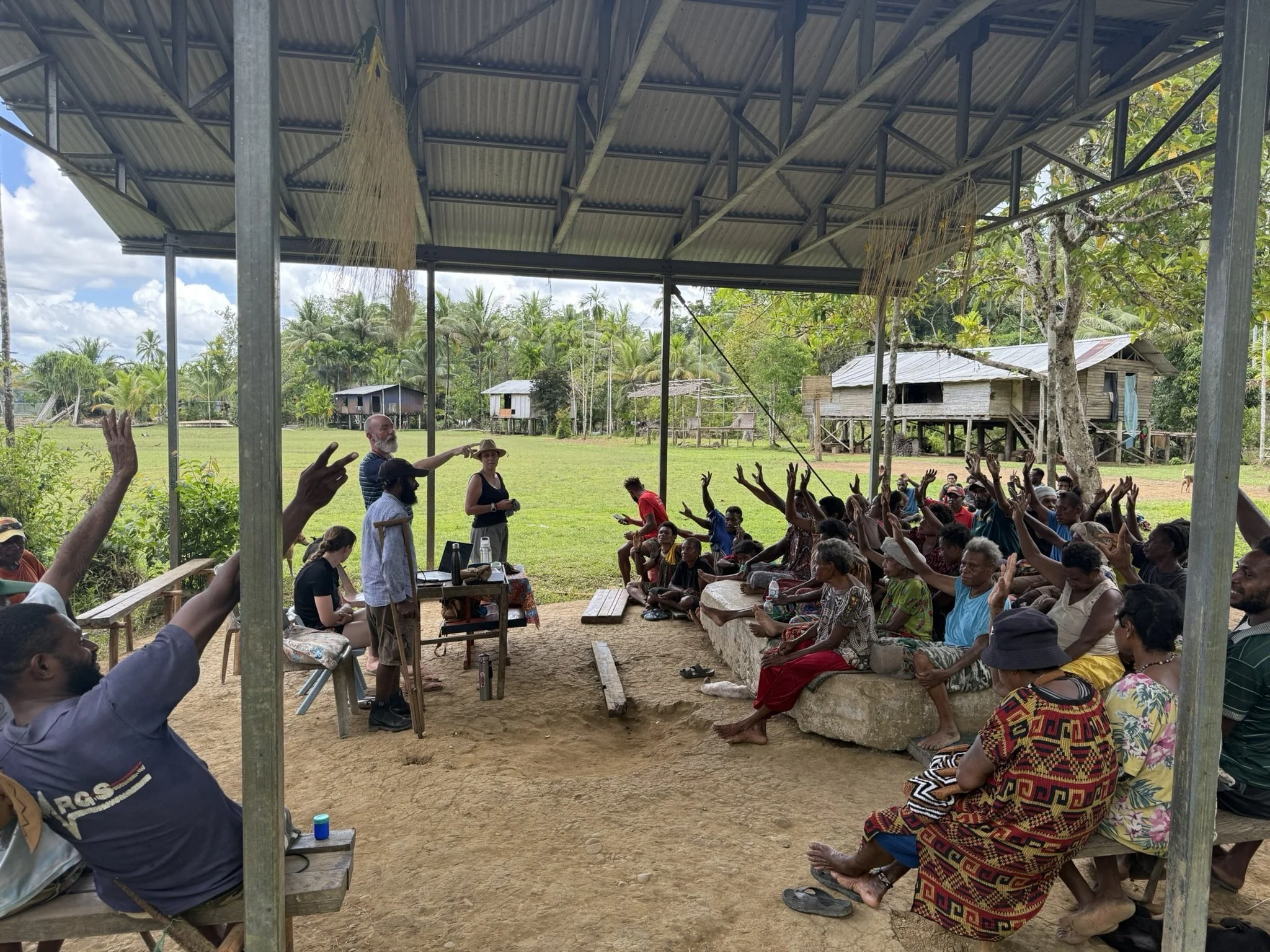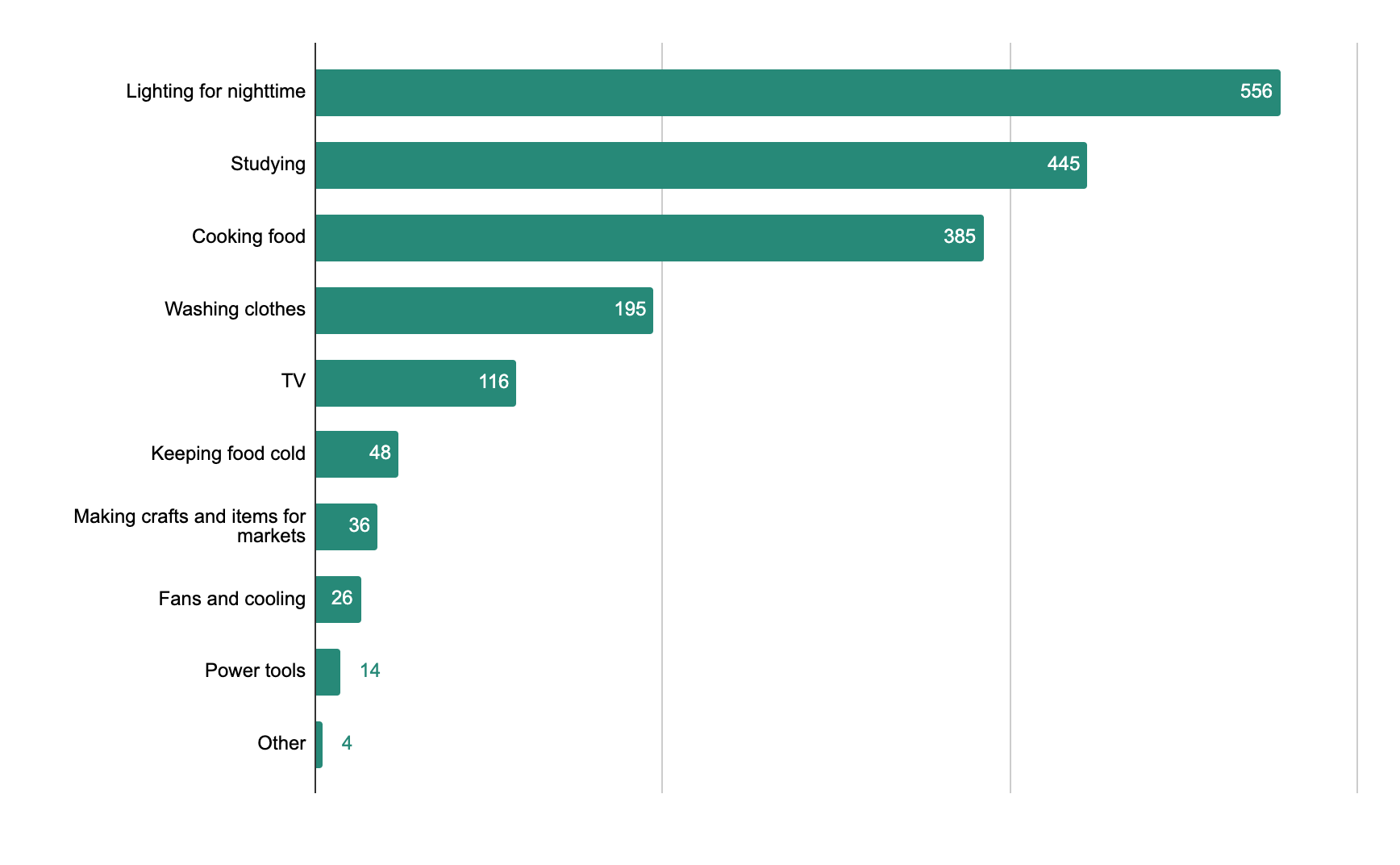renewable
energy
Innovative decentralised solutions for communities & households to alleviate energy poverty & meet long-term energy access & security needs
* coming soon

Pathway to Energy Access and Economic Inclusion:
A Renewable Energy Demonstrator in Remote Papua New Guinea
Morere Village, Kikori District, Gulf Province, PNG
Clean and reliable electricity for remote communities
FutureValue and BPP Renewables (UK) are partnering to electrify Morere Village, a community of 20 households in Papua New Guinea’s remote Kikori District, Gulf Province, using renewable energy.
With co-funding from Innovate UK’s Energy Catalyst, this project is testing a reliable, low-cost, low-carbon solar-battery system designed for off-grid communities facing extreme geographic and infrastructure challenges.
The goal is to prove the system works efficiently, affordably, and at scale, while creating a business model for wider rollout across PNG and other underserved regions in the Indo-Pacific.
“Access to clean energy is instrumental to improve livelihoods and social mobility, gender equality, women’s empowerment, & people’s health.”
Achim Steiner - United Nations Development Programme Administrator
Poisi’s home in Morere Village, a traditional house with tin roof
The Problem We’re Solving
In the Gulf Province of Papua New Guinea, fewer than 1% of households have access to electricity, leaving communities to rely on open fires for lighting and cooking.
This energy exclusion keeps communities in a cycle of limited opportunities, contributing to high rates of poverty and youth unemployment, and hindering access to education and livelihood development.
Why Energy Access Matters
The project included a socio-economic baseline survey covering nearly all adults in Morere Village, one of the seven villages belonging to Rumu Tribe.
The community told us about life without power:
Patrick’s house in Morere Village, a mix of modern and traditional materials
Our Solution
Affordable, reliable energy starts with a smart design.
This project uses a solar-battery solution that’s easy to transport, install and expand. We modelled household demand for 5 years to allow for energy demand growth, balancing the system cost against what families could afford to pay now and in the future.
The system will be anchored by productive use; a cool room will provide cold storage to get fresh produce to markets, and a VSAT will support digital and financial inclusion for the community to develop small business enterprises.
Local governance will ensure the system is properly managed by the people it’s built to serve.
Circularity principles are embedded from the start, helping manage cost, maintenance, and future e-waste.
Household Demand
Individual household: 1.5 kWh per day
Household demand: 23.5 kWh per day
Overall village demand: 43.5 kWh per day
(the average house in Australia or the UK uses as much power per day as the whole of Morere Village will)
Clean Energy
Our solution reduces reliance on low-quality, high-cost solar products that often fail and add to plastic waste.
Community Ownership
A local cooperative is being established to manage the system and ensure inclusive, community-driven decision making.
Local Capacity
Community members are being trained to manage and maintain the system, building skills for long-term energy independence.
Establishing the Community Cooperative in March 2025, with inclusive traditional voting

Project Impact
Our goal is to move beyond just powering homes; it’s about unlocking long-term economic inclusion and supporting livelihoods for an entire community.
Our recent socio-economic baseline study of Rumu Tribe revealed power is most valued by individuals for lighting at night and studying.
The provision of reliable electricity directly addresses these critical needs, enabling:
Increased energy access, which directly impacts women & young girls
Improvement in poverty-related measures, including education & local business enterprises
Creation of highly skilled jobs to support the deployment & maintenance of the systems in remote communities
Most Important Household Uses for Power
“Power is important because it will help us move around at night time and build a better future for our village and families.”
Steven Konny, Community Leader, Morere Village
Community Leader, Steven Konny, with FutureValue
Scalable Solution
Once proven, the model will serve as a blueprint for electrification in villages where FutureValue is already active.
Project Team
This project is a testament to the power of collaboration.
We are proud to partner with global and local experts to bring this vision to life.
Our team in Australia and PNG is implementing and overseeing the installation of the project with a focus on community and stakeholder engagement and inclusive governance.
BPP Renewables is leading the system design and technical delivery, ensuring the solar-battery solution is optimised for performance, durability, and scalability in remote sites.
The project is co-funded by the UK government's Research and Innovation arm through the Energy Catalyst Round 10, which covers 70% of the total pre-approved budget.
The FutureValue and BPP team on Kikori River, coming back from Morere Village
Get in touch
Have questions, ideas, or opportunities?
Our team can discuss technology, cooperative governance, and delivery in remote contexts - plus next steps for pilots, research, or scale.














